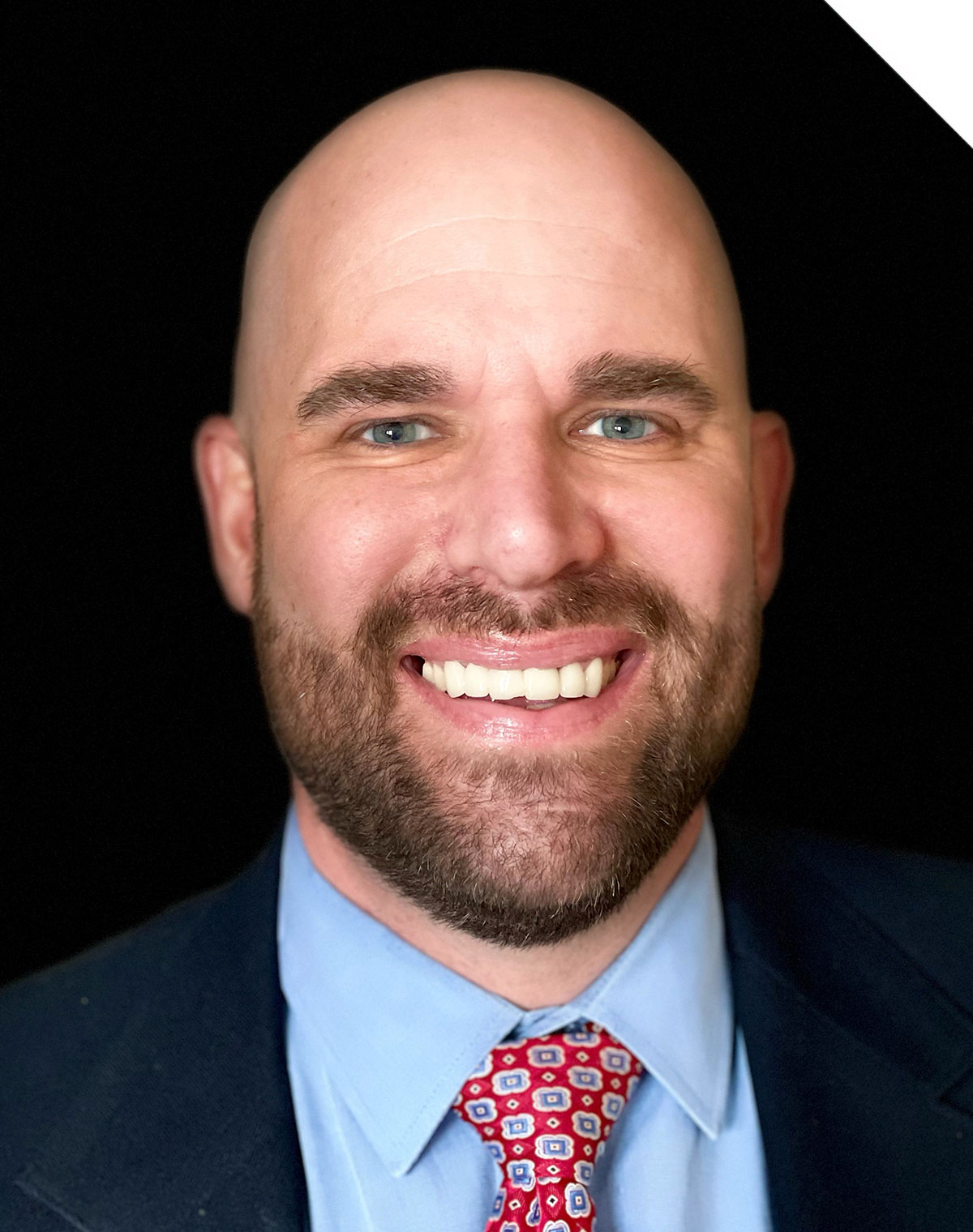
orkers’ compensation insurance is designed to provide wage replacement and medical benefits to employees who become injured or ill “arising out of and in the course of employment.” In exchange, employees relinquish their right to sue their employer for the act—whether intentional or accidental—that caused them harm. This trade-off, known as the compensation bargain, helps cover the employees’ medical expenses and lost wages while providing the employer legal protection against litigation for additional damages.
The workers’ comp system, which also includes disability payments to injured workers and death benefit payments to families, is seeing the initial impact of COVID-19 as the pandemic enters its third year. The lingering physical and mental effects have caused some employees to delay returning to work, modify their duties, or work remotely. Many employers are adjusting outside the workers’ comp system to accommodate employees’ health issues, which can include fatigue, pain, brain fog, anxiety, and depression. While the pandemic is starting to have a perceptible effect on the workers’ comp industry, its broad impact may not be evident for years to come.

Associate Claims Executive Parker, Smith & Feek
Many employers are also considering COVID-related mental health issues like stress, anxiety, and depression, but whether the issue involves workers’ comp or not, Kalal says mental health is a major topic for companies these days. “I think employers are considering delaying the return to work or providing additional time off. And a lot of employers have an employee assistance program that helps with mental health issues, whether it’s related to workers’ comp or not,” she says.
Kalal adds, “I think that with the pandemic, employers have realized they can make a lot of accommodations, such as allowing employees to work from home, which gives them time to focus on their mental wellbeing.”
Having a workers’ comp claim due to contracting COVID-19 is one situation, but employees could also claim emotional trauma or stress from dealing with the disease as part of their employment, says Christopher Pobieglo, president of Business Insurance Associates. Historically, workers’ comp has paid medical expenses and lost time but not addressed emotional and mental stress. However, a prison guard previously won a workers’ comp case related to emotional stress, making this scenario within the realm of possibility for employees. “If they feel like they have emotional trauma, they can take it to court; whether they prevail is another story,” Pobieglo says.
Business Insurance Associates
While many businesses are implementing mitigation practices to try to restrain COVID-19 infections, this could change if attorneys start lining up for litigations. “We’re still relatively early in this kind of thing from an insurance perspective; insurance is kind of reactionary,” Pobieglo says.
Many states, including Alaska, came out very early with legislation that established that first responders and front-line workers would be eligible for workers’ comp if they contracted COVID-19, Pobieglo says. “They kind of took that right off the table,” he says. “With small, private-sector businesses, there’s no law of equivalence for them.”

President
Business Insurance Associates
In terms of the impact on sectors, more workers’ comp claims are showing up in industries with elevated levels of exposure to the virus. Some of the most at-risk employees have been medical providers and first responders. But factory, retail, and transportation workers—and anyone else who deals with the general public for a significant amount of time—face a higher risk of catching COVID-19. “I’ve seen an uptick in some sanitation workers and housekeepers, with the increased workload from sanitizing surfaces,” Kalal says. “The increased work can result in higher possibility of injury, whether that be a back injury or an over-use injury like carpal tunnel [syndrome].”
In addition, remote work is adding another facet to workers’ comp issues. The general consensus is that if employees are performing their job at home or anywhere else and suffer an injury, more than likely it will be covered. “However, everything has to be investigated to determine if it’s in the course and scope of their employment,” Kalal says.
Pobieglo points out that employers who have a remote work model may be able to reduce their workers’ comp insurance cost by using the appropriate job class code for telecommuting personnel. This occupational classification code can result in a cheaper rate than what they would have otherwise used. “If people have remote workers, they should be talking to their broker to make sure that is accounted for,” he says.
On January 13, the US Supreme Court blocked the Biden administration from enforcing OSHA’s vaccine-or-testing requirement for employers with 100 or more employees. Justices did allow a more limited mandate for healthcare workers at facilities receiving federal money through programs like Medicare and Medicaid. Otherwise, it’s up to states and individual companies to decide if they will require workers to get vaccinated.
Pobieglo suggests that employers take a cautious approach to demanding COVID-19 vaccinations, as he expects litigation to ensue from the issue. “It’s a legitimate concern when you implement a policy on anything, but with something that’s a lightning rod like this is, there’s even more concern,” Pobieglo says. “I think most employers will probably default to the side of not implementing it because they might have concerns if people get sick from it. The vaccine producers have immunity from lawsuits, so the only person you can sue is your employer.”
Some states, including Alaska, have enacted shield laws to try to mitigate potential legal action against business owners. So far, many of the lawsuits that were predicted have not materialized, Pobieglo says. “I think there are less than 200 civil suits filed nationwide and just fifty by non-employees,” he says. “The only thing you can do is to have a clear and concise policy that is distributed consistently. Employers should talk to their HR person and legal profession and get some feedback from them on this issue.”
Policy changes appear to be in the works by NCCI, which manages the classification codes assigned to various kinds of employment and recommends workers’ comp rates. NCCI also uses its members’ loss and payroll data to compute the experience modification factors used in most states to adjust employers’ workers comp insurance premiums. NCCI, according to its website, is focusing on three main COVID-related changes:

Strategy Consultant
RISQ Consulting
- Excluding pandemic-related claims from experience rating: Catastrophes like earthquakes, terrorism, and pandemics have a non-ratable provision, so claims arising from those events are excluded from experience rating.
- Ignoring COVID-19 data in state loss cost and rate filings: For the 2021/2022 filing season, COVID-19 data has been removed from the data underlying the state loss cost and rate filings because the observed frequency and severity of direct compensable COVID-19 claims are not expected to be predictive of loss experience in the filing effective periods.
- Vaccination-related code changes for claims: NCCI is preparing a national filing to align with the Workers Compensation Insurance Organizations’ updates to the Nature of Injury and Cause of Injury codes. The expanded definition to Cause of Injury Code 82 will also be proposed to extend to vaccinations.
In addition, NCCI offers various tools to help employers explore the pandemic’s impact on workers’ comp issues. For example, its COVID-19 Hypothetical Scenarios Tool sheds light on the potential cost impact on workers’ comp losses due to COVID-19, including the potential for permanent disability outcomes.
In terms of navigating workers’ comp issues related to COVID-19, most employers are doing everything they can and are following local and Centers for Disease Control and Prevention guidelines for protecting employees, Kalal says. Aside from that, companies need to be very flexible and figure out how to do business in a safe way and continue to adjust to the world they’re currently in. “We should continue to take the pandemic seriously and be mindful of our own health and the health of others,” she says. “I’m sure we all want this to be over, but for now, unfortunately, there’s still a pandemic going on. We need to remind ourselves that it doesn’t help to become complacent or careless.” ![]()